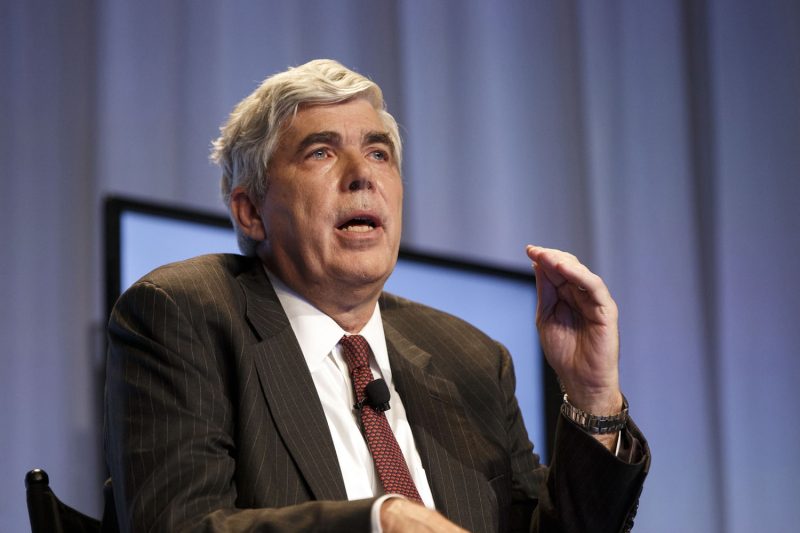In a recent turn of events, the United States has charged former Wamco executive Kenneth Leech with fraud. This shocking development has sent ripples through the financial world and has raised significant concerns about corporate integrity and transparency. Leech, who previously held a prominent position within the company, now finds himself at the center of a legal controversy that could have far-reaching implications.
The charges against Leech allege that he engaged in fraudulent activities during his time at Wamco, deliberately deceiving investors and stakeholders for personal gain. This breach of trust has not only damaged the reputation of the company but has also called into question the ethics and accountability of corporate executives.
The case against Leech is a stark reminder of the importance of ethical conduct in the business world. Corporate leaders are entrusted with a great deal of responsibility, and they are expected to uphold the highest standards of honesty and integrity. When individuals like Leech abuse their positions of power, it not only undermines the trust of investors but also jeopardizes the stability of the entire financial system.
As the legal proceedings unfold, it is crucial for all stakeholders to closely monitor the case and ensure that justice is served. The outcome of this trial will not only determine the fate of Kenneth Leech but will also set a precedent for how corporate fraud is handled in the future. It is imperative that those who violate the law are held accountable for their actions, sending a clear message that fraudulent behavior will not be tolerated.
In the wake of this scandal, companies must take proactive measures to prevent similar incidents from occurring in the future. Robust internal controls, stringent oversight mechanisms, and a culture of transparency are essential components of a strong corporate governance framework. By prioritizing ethics and compliance, organizations can mitigate the risk of fraud and protect the interests of their stakeholders.
The case of Kenneth Leech serves as a cautionary tale for executives and companies worldwide. It is a stark reminder that ethical lapses can have severe consequences and that trust once broken is not easily mended. As the legal process unfolds, it is imperative that justice is served and that the lessons learned from this case are not soon forgotten. The integrity of the corporate world depends on the actions of individuals like Leech being held accountable for their misconduct.
